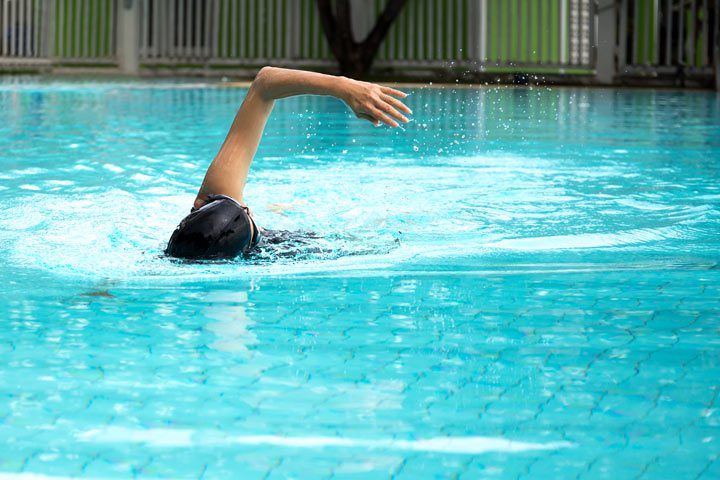The Value of Exercise in Addiction Recovery
What happens to your body when you use drugs or alcohol? You may know about dependency and tolerance to drugs. You may understand how the brain starts demanding the substance. You may even know what happens on a cellular level.
Exercise: A Powerful Solution
Given all the ways that substances can damage the body, you may worry that you’ll be unable to regain your health. Here’s one simple but powerful solution: exercise. Exercise can do wonders in improving your physical, emotional, and mental health.
What Happens When You Use Drugs or Alcohol?
The Substance Abuse and Mental Health Services Administration provides a number of insights on what happens to your body when you use drugs. The outcome depends specifically on the type of drugs you take. Stimulants, for example, speed up heart rate, while depressants decrease cognitive function.
Over time, any drug can build up in the system, wreaking havoc on your kidneys and liver, both of which work overtime to flush the toxins from the body. Substances cause your tissues to break down and your cells to stop working as they should. You feel sick because your organs are struggling to function. Your brain cannot communicate with your body as it should. All of this adds up and creates a significant amount of damage.
Many people entering into addiction treatment programs struggle with a lack of nutrition, weak muscles, and a poor metabolism. Exercise can help with all of this.
What Are the Benefits of Exercising?
You’re tired and worn out from all of the work you’re doing during drug treatment. How will you find the energy for a workout? Exercise doesn’t have to be complex. Moving for just 30 minutes a day will result in a number of improvements.
Improved Emotions and Mood
Exercise is one of the best stress-relievers you’ll find. There’s nothing quite like going to the gym after a long day at the office and punching that bag or pounding the treadmill to let out your frustrations. That’s because exercise helps to reduce the level of cortisol, a stress hormone, and to boost endorphins, the body’s natural painkillers and mood elevators.
Improved Physical Health
If you’ve used drugs and alcohol for a long time, you probably don’t have the body you used to have or the one you’ve dreamed out. Lean muscles and the right BMI (body mass index) are possible benefits from exercise. Not only is a strong, lean body good for your physical health, but it also gives you a boost of self-confidence. That can help you with your recovery as well.
Rebuilding of Body Mass
Some people who use drugs like meth and cocaine find themselves struggling with a lack of muscle tone and definition. That’s because these drugs deplete the body of nutrients, causing malnourishment. Exercise can help to fix this by allowing your body to regain the proper amount of fat and muscle. You’ll look and feel healthier as your body replenishes itself.
Improved Mobility and Heart Health
Exercise gets your heart pumping. It helps you to get your joints moving, too. It can help you to work through all of the aches and pains you’ve been using painkillers to manage. While it cannot cure every problem, many people regain some level of mobility and physical fitness when they start working out.
How Can You Get Started with Exercise in Recovery?
It’s always best to speak to your doctor first. Get the clearance you need to get back to working out and feeling healthy. Start slow and work your way up to the type and amount of exercise that feels right to you.
Here are some recommendations:
- Go walking outdoors. A walk or a hike provides exercise, Vitamin D from the sun, and the benefits of being in nature.
- Practice yoga. It’s designed to help strengthen your core without a lot of shock to the joints or intensity to the heart.
- Go for a swim. Swimming helps the body lose fat and build muscle without adding pressure to the joints.
What else can you do? Do you like to dance? Perhaps you used to be a cross-country runner. You may like to lift weights or play basketball. There’s no limit to what you can do to get fit. The only limit is your willingness and commitment to exercise consistently.
Holistic Care at Victory
Victory Addiction Recovery Center supports a holistic treatment plan for all our clients. We understand that recovery is about much, much more than discontinuing the use of substances. A sustainable, joyful recovery requires attention to mind, body, and spirit. To that end, we provide spirituality and meditation groups as well as physical training to help you rebuild your life. Call us today to find out more about our treatment programs.
Share This Post:








